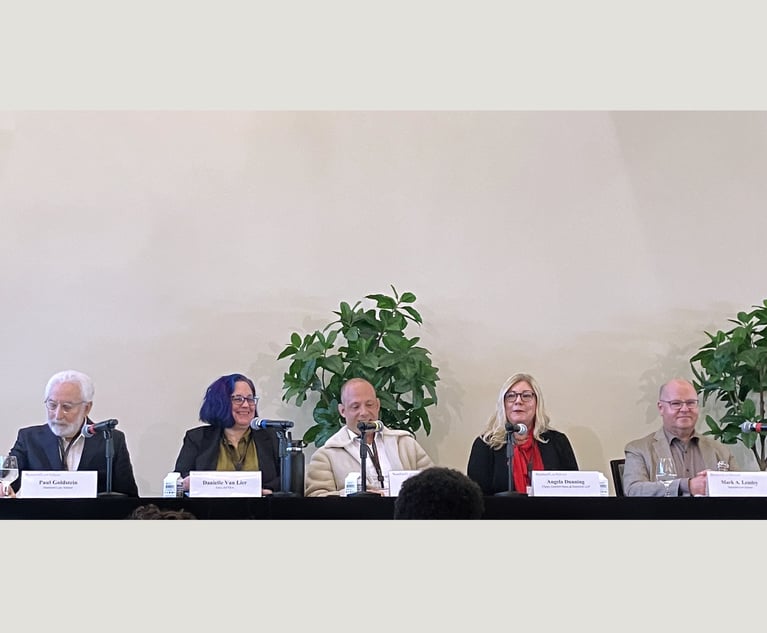Non-fungible tokens—also called NFTs—are not new, but 2021 is unquestionably the year of the NFT. The meteoric rise in popularity of NFTs has spurred the creation of entirely new business models, and along with them, a myriad of legal and regulatory questions and gray areas where existing laws haven’t kept pace with the technology or its uses. As regulators work to determine the best governing regimes for NFTs, stakeholders continue to grapple with the uncertainty.
For companies planning to bet on NFTs, the ability to navigate these gray areas effectively is crucial to realizing the company’s strategic objectives. In this article, we examine a variety of business models using NFTs and the related legal considerations for companies considering entering these markets.
What are NFTs?
This content has been archived. It is available through our partners, LexisNexis® and Bloomberg Law.
To view this content, please continue to their sites.
Not a Lexis Subscriber?
Subscribe Now
Not a Bloomberg Law Subscriber?
Subscribe Now
LexisNexis® and Bloomberg Law are third party online distributors of the broad collection of current and archived versions of ALM's legal news publications. LexisNexis® and Bloomberg Law customers are able to access and use ALM's content, including content from the National Law Journal, The American Lawyer, Legaltech News, The New York Law Journal, and Corporate Counsel, as well as other sources of legal information.
For questions call 1-877-256-2472 or contact us at [email protected]


 World-famous DJ Gareth Emery is selling a $250,000 sculpture that shoots lasers as part of his debut NFT drop. Courtesy Photo
World-famous DJ Gareth Emery is selling a $250,000 sculpture that shoots lasers as part of his debut NFT drop. Courtesy Photo




